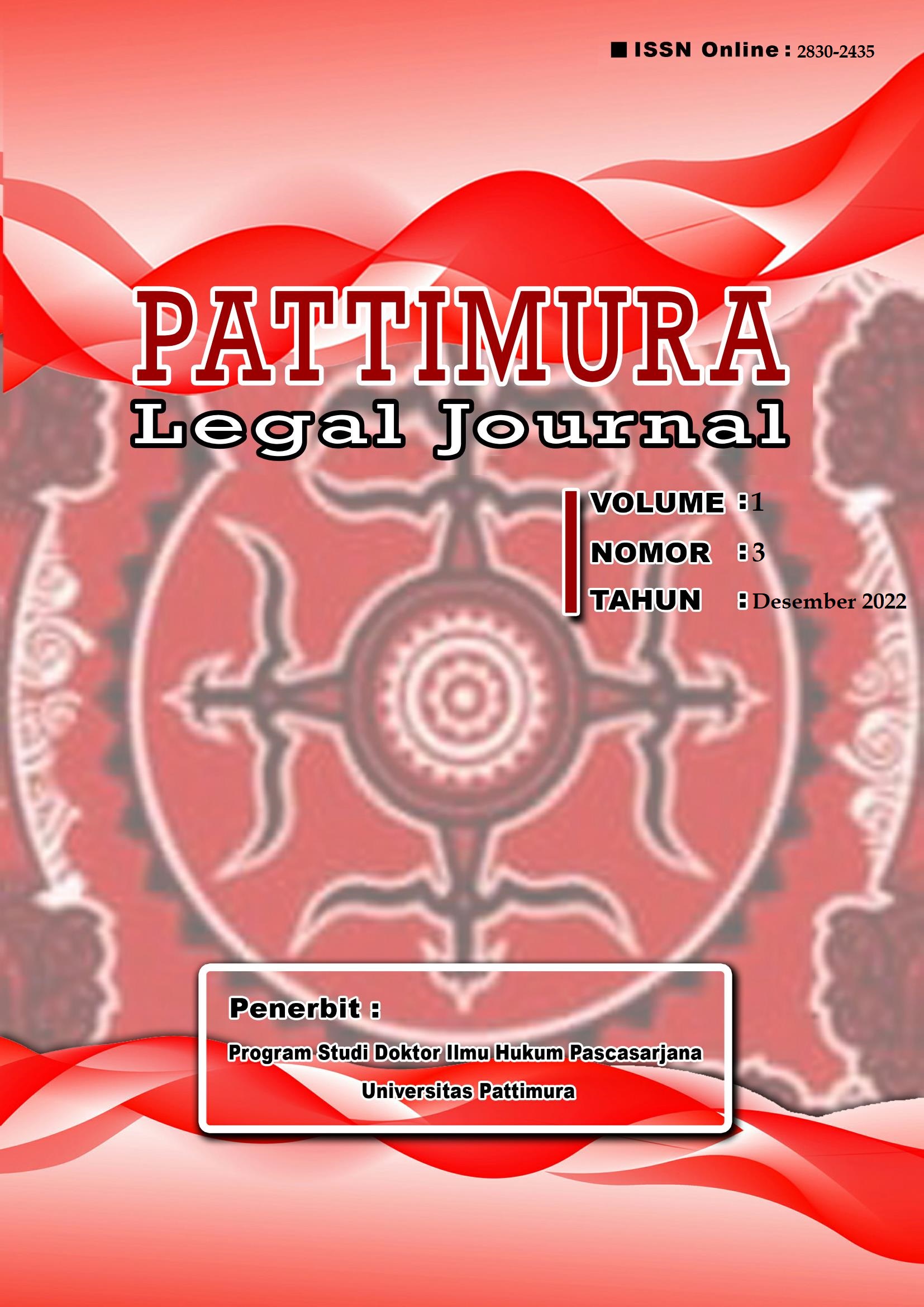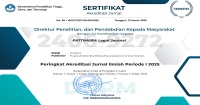Akta Perdamaian Oleh Notaris Sebagai Mediator Alternatif Penyelesaian Sengketa Di Luar Pengadilan
Abstract
Introduction: Deed of Peace by a Notary is one of the authority by the Attributive for Notary. This is one of the notary's active roles to act to resolve disputes outside the court.
Purposes of the Research: The purpose of this study is to find out how the authority of a Notary as an Mediators in Alternative Dispute Resolution to make a dedd of peace and how the legal force of a peace deed as an alternative dispute resolution outside court.
Methods of the Research: This study case uses a normative juridical method by using a statutory and conceptual approach.
Results Originality of the Research: Notary has the authority to make a Deed of Peace and act as Mediator in Alternative dispute resolution outside the court which has the same legal force as a court decision if it is registered with the court so it has executorial power.
Downloads
References
Adjie, Habib. Hukum Notaris Indonesia Tafsir Tematik Terhadap Undang-Undang Nomor 30 Tahun 2004 Tentang Jabatan Notaris. Bandung: Refika Aditama, 2008.
HS, H Salim, and Erlias Septiana Nurbani. Penerapan Teori Hukum Pada Tesis Dan Disertasi. Jakarta: Raja Grafindo Persada, 2018.
Marzuki, Peter Mahmud. Penelitian Hukum,. Jakarta: Kencana, 2016.
Mertokusumo, Sudikno. Hukum Acara Perdata Indonesia. Yogyakarta: Liberty, 2009.
Pusat Bahasa Departemen Pendidikan Nasional. Kamus Besar Bahasa Indonesia. Jakarta: Balai Pustaka, 2008.
Safarudin, Endrik. Alternatif Penyelesaian Sengketa Dan Arbitrase. Malang: Intrans Publishing, 2018.
Sinaga, Dahlan. Kemandirian Dan Kebebasan Hakim Memutus Perkara Pidana Dalam Negara Hukum Pancasila. Bandung: Nusa Media, 2015.
Tobing, G H S Lumban. Peraturan Jabatan Notaris. Jakarta: Erlangga, 1992.
Copyright (c) 2022 Wijaya Natalia Panjaitan (Author)

This work is licensed under a Creative Commons Attribution-NonCommercial 4.0 International License.
Authors who publish their manuscripts in this Journal agree to the following conditions:
- The copyright in each article belongs to the author, as well as the right to patent.
- Authors are able to enter into separate, additional contractual arrangements for the non-exclusive distribution of the journal's published version of the work (e.g., post it to an institutional repository or publish it in a book), with an acknowledgment of its initial publication in this journal.
- Authors are permitted and encouraged to post their work online (e.g., in institutional repositories or on their website) prior to and during the submission process, as it can lead to productive exchanges, as well as earlier and greater citation of published work.
- Authors have the right to self-archiving of the article (Author Self-Archiving Policy)






















